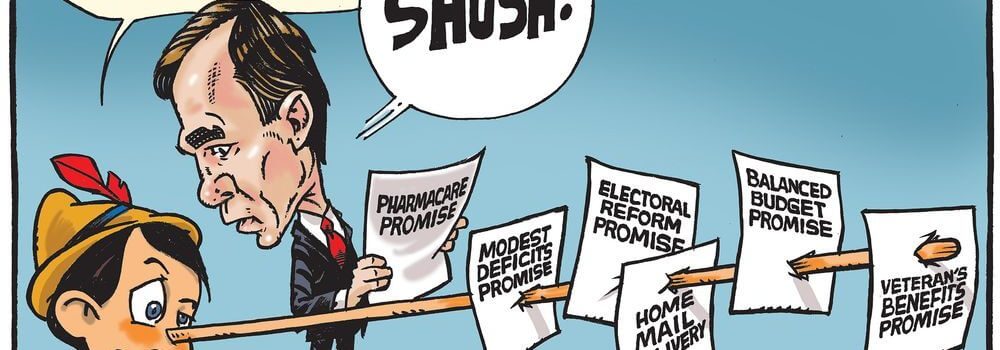The Budget – making it up as he goes along?
David Crozier
Last Tuesday, Philip Hammond gave the last Budget statement before we are due to leave the EU. It wasn’t the most exciting Budget we have ever had. Here are a few of the highlights.
Income Tax – both the Personal Allowance and the Higher Rate Band are increasing a year earlier than promised; the former to £12,500, the latter to £50,000. For most basic rate taxpayers, this will mean additional take-home pay of £130, with a typical higher rate taxpayer trousering a further £730. Don’t spend it all in the one shop, as my dad would say.
Capital Gains Tax – Entrepreneurs Relief remains, but the qualifying period of ownership increases from one year to two. This is broadly good news, because it means that genuine business owners, who have built their business up over many years of blood, sweat & tears, paying taxes and contributing to their local economies in terms of employment, will be rewarded for that, while it will be more difficult to use schemes just for the purposes of reducing CGT, without paying the price.
Corporation Tax – reducing from 19% to 17% in April 2020, as already announced. Of course, we have been promised that it will be lowered even further in Northern Ireland. If only we had a Government…
Rates Relief – businesses occupying premises with a rateable value less than £51,000 will have their business rates cut by one third. I’m not 100% sure that this applies to Northern Ireland, but I’ve not seen any commentary that says it doesn’t. Welcome news if it is – not least for us!
Digital Tax – at the other end of the scale, big businesses, reeeaaallly big businesses (think Google and Amazon) will have to pay some tax on the business they do in the UK, rather than where they bank their profits. And about time too!
Air Passenger Duty – this is a NI-specific one. There was hope that there would be a special deal for APD in NI, to allow the local airports to compete with Dublin. It’s not happening, not for now anyway. With that in mind, given the security queues (appalling) and the choice of flights (limited) from BFS, I think I’ll be turning south rather than north on the A1 for a while yet.
Fuel duty – no change was announced, which is good news for businesses that depend on transport links, and drivers that cover a lot of miles (me). On the other hand, cue sabre rattling from understandably concerned environmentalists that want to discourage us from using our cars.
ISAs – the main contribution limit for Individual Savings Accounts has been kept at a nice, round £20,000; however Junior ISAs can now accept a somewhat less memorable £4,368.
Pensions – keeping the best to last, there were no significant changes announced, which is in and of itself a change; a welcome one! Wolf has been cried for years on the subject of flat rate tax relief on contributions; this time was no different, but it didn’t happen. Personally, I have my doubts that it will, anytime soon. I don’t see how defined benefit pensions could be treated any differently to defined contribution ones, it would be grossly unfair to do so, especially when DB pensions are already treated more favourably in terms of annual and lifetime allowance than their DC poor relations. Think about it: which body of people enjoy the majority of DB pension membership? Civil servants, including those at the Treasury. Who advises the Chancellor on pensions and taxes? Treasury civil servants. Much too complicated, Minister, let’s leave it for another time.
Although it wasn’t mentioned in the Budget statement, the Chancellor did say in the days leading up to it, that if a Brexit deal couldn’t be agreed, he might have to come back to the House with an emergency Budget.
Watch this space!
PS Yes, I know the image is about the US budget, but it’s still amusing.
This is personal commentary and opinion only and not advice. Figures will depend on individual circumstances. You should not rely on this to make any decisions concerning your finances or tax situation.


